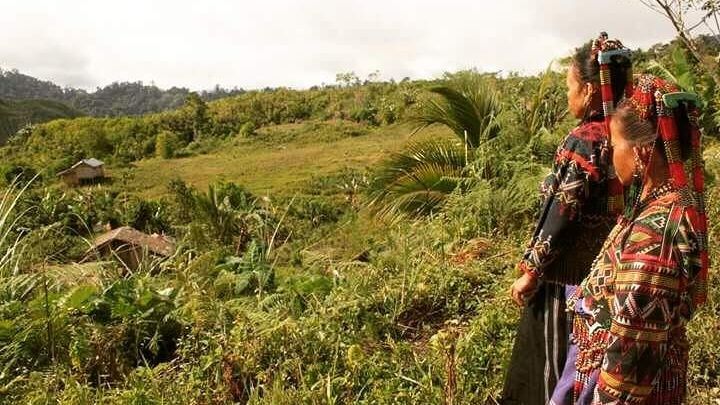Global Witness said that many threats and attacks against land and environmental defenders occur after communities voice their concerns about corporations and their activities.
At least 227 protectors of the planet were reported killed in 2020 with Colombia posting the most with 65 deaths, Mexico next with 30 and the Philippines with 29.
The Global Witness, an international rights watchdog based in Britain, said the Philippines remained the worst place in Asia for land and environmental defenders, according to the Philippine Star.
In the list, following the Philippines were Brazil (with 20 deaths), Honduras (17), Democratic Republic of Congo (15), Guatemala (13), Nicaragua (12), Peru (6), India (4) and Indonesia (3).
Seventy percent of the victims had been working to defend forests from deforestation and industrial development, while others died for their work to protect rivers, coastal areas and the oceans.
“The unaccountable exploitation and greed driving the climate crisis is also having an increasingly violent impact on people,” the report said. “This is a crisis against humanity.”
Indigenous peoples
Global Witness said over a third of all fatal attacks in 2020 targeted indigenous peoples, who make only 5 percent of the world’s population.
The report mentioned the massacre of nine indigenous Tumandok leaders and the arrest of 17 other community members on Panay Island a few days before 2020 ended.
The community opposed the construction of a mega-dam project in Iloilo, which would submerge their ancestral lands. Members of the community had been also accused as supporters and members of communist rebel groups.
Global Witness also attacks of the defenders of nature came mostly from logging with 23 deaths, which were reported in the Philippines, Brazil, Nicaragua and Peru.
Twenty-eight of the victims killed were state officials or park rangers who were attacked while working to protect the environment. Attacks were documented in eight countries, including the Philippines.
New Leaders sought
Global Witness said that many threats and attacks against land and environmental defenders occur after communities voice their concerns about corporations and their activities.
The group also criticized governments for being “all too willing to turn a blind eye.”
“They are failing to protect defenders—in many cases directly perpetrating violence against them, and in other arguably complicit with business,” it said.
In the Philippines, 166 land and environmental defenders were killed since the election of President Rodrigo Duterte in 2016 until the end of 2020.
Duterte lifted a nine-year ban on new mining project earlier this year, which is seen to escalate threats against communities opposing mining projects.
The Kaliwa Dam and the New Manila International Airport—both feared to harm the environment and communities—have been also approved under his watch.
Kalikasan People’s Network for the Environment—a partner of Global Witness in documenting killings—said the plight of defenders will only get worse under the leadership of Duterte.
“Global Witness data demonstrates that the murder of environmental defenders doubled under the Duterte government compared to its predecessor,” said Leon Dulce, national coordinator of Kalikasan PNE.
“We clearly need a new leadership that will protect our nature’s frontliners and stop destructive activities that aggravate our country’s ecological, climate and human rights crises,” he added.
Among its recommendations, Global Witness said the United Nations should formally recognize the human right to a safe, healthy, and sustainable environment, and governments should ensure effective and robust regulatory protection of the environment.
Tags: #environmentalkillings, #GlobalWitness, #KalikasanPNE
